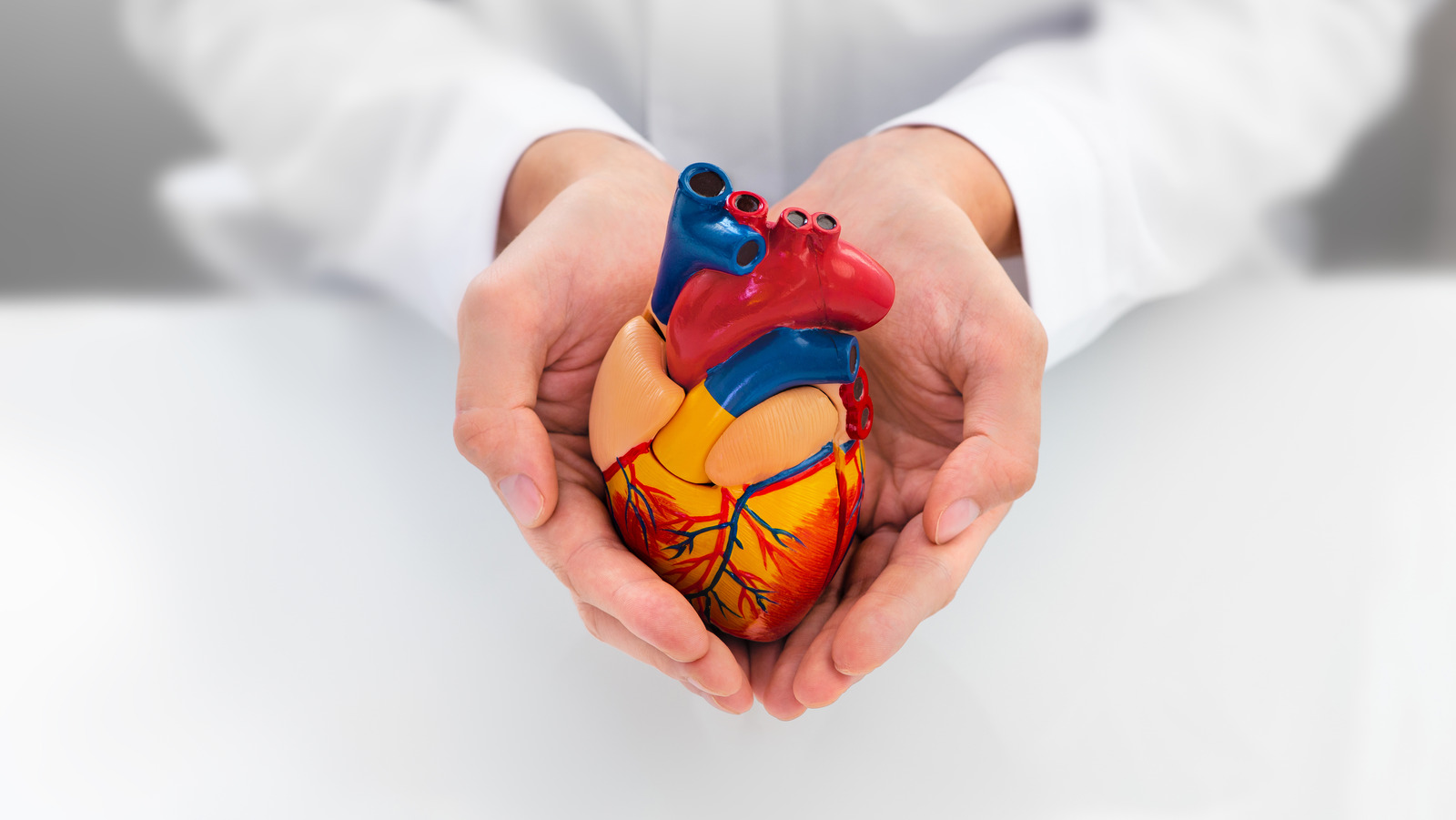
As explained in the National Heart, Lung, and Blood InstituteSome types of cardiomyopathies are caused by gene mutations. These mutations cause the heart to develop abnormally. These gene mutations can be passed from one generation to the next. These gene mutations can be passed down from generation to generation. Some forms of cardiomyopathy may not be genetic. Mayo Clinic). It is not always possible to pinpoint the exact cause of cardiomyopathy. However, there are certain factors that can increase the risk of developing the disease.
Long-term high blood pressure, severe heart disease, prolonged rapid heartbeats, heart attack damage, heart valve problems, and hemochromatosis (excessive accumulation of iron) are all possible causes. Other possible precipitating factors include metabolic disorders (e.g. diabetes, obesity or thyroid disease), connective tissues disease (e.g. Rheumatoidarthritis, Lupus) and certain infections (e.g. Covid-19, and in particular infections that cause heart inflammation).
Cardiomyopathy can also develop from rare disorders such as amyloidosis (abnormal buildup of proteins in organs) and sarcoidosis (clumps of inflammatory cells – granulomas – form in organs including the heart and lungs), continues the Mayo Clinic. Cardiomyopathy can also be caused by unhealthy lifestyle choices such as long-term alcohol use, poor diet, cocaine, anabolic steroids, and bad nutrition. There are also complications that may arise from pregnancy and treatment for cancer (e.g. chemotherapy, radiation).


